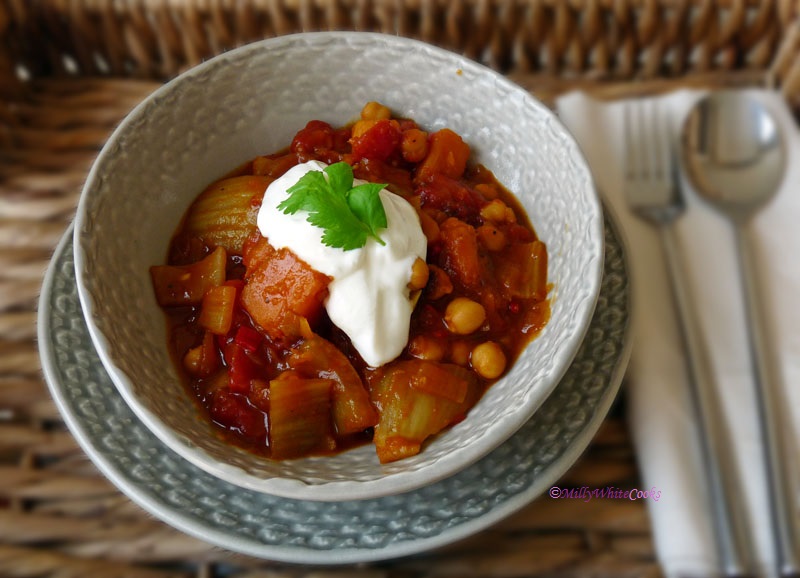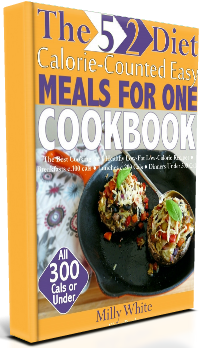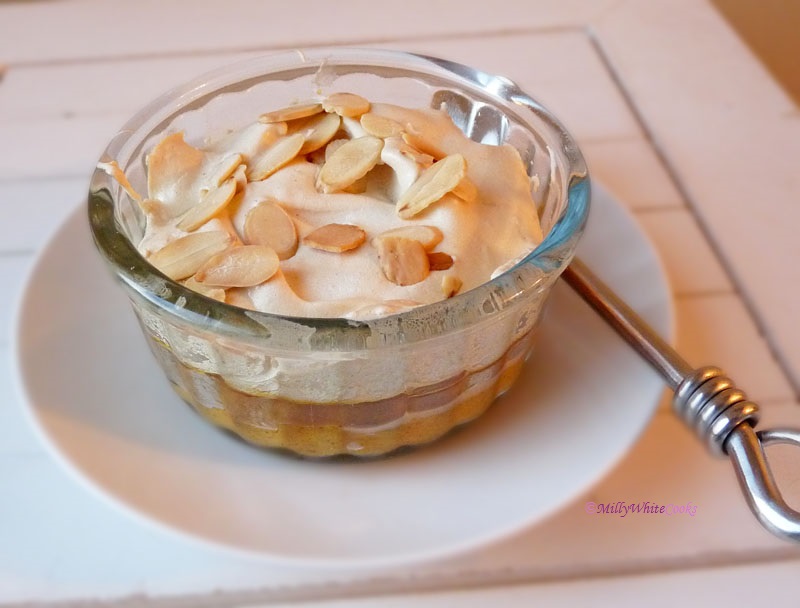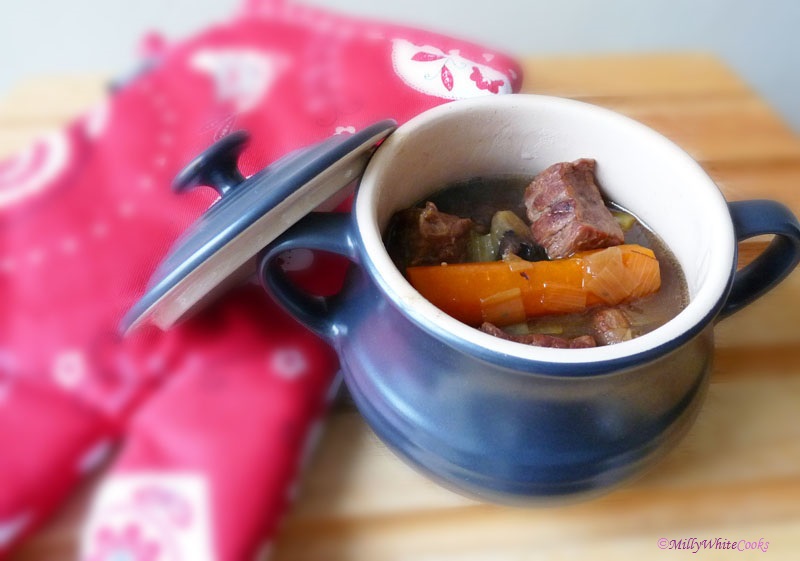 |
| Fruits, vegetables, nuts and olive oil are key ingredients in the Mediterranean Diet |
Longer Telomores
Unless you are a scientist, you've probably never heard the term telomere before. In layman’s terms, telomeres are structures of repeating sequences in our DNA and they help protect our DNA as we age. A loss of telomeres may underlie many chronic diseases. Therefore, having healthy levels of telomeres (which is measured by their length) is important for maintaining good health.The scientists involved in the study suspected that the well known antioxidant and anti-inflammatory effects gained from regularly eating the fruits, vegetables and nuts (key foods in the Mediterranean diet) would have a positive effect on telomere length and therefore help protect our DNA as we age. Their study of nearly 5,000 nurses over more than a decade supported this hypothesis. You can read more about this BMJ study here.

Fragrant
Chickpea, Pumpkin & Coconut Stew
Recipe from Milly White's Mediterranean Diet Cookbook
What is the Mediterranean Diet?
Recipe from Milly White's Mediterranean Diet Cookbook
Compared to the diets of northern Europe and America, traditionally people in the Mediterranean eat more:
- fruit and vegetables
- wholegrain breads and cereals,
- pulses (peas, beans and lentils)
- nuts and seeds
- fish, both white and oily varieties
- high saturated fat dairy
- red meat
They also enjoy moderate alcohol consumption and are exposed to higher levels of sunshine, which along with the oily fish in their diets, results in healthy levels of vitamin D.
Is the Mediterranean Diet a Low Fat Diet?
This may come as a surprise, but the Mediterranean Diet is not a low fat diet per se! However, critically, it is a diet that is a low saturated fat diet, as much less of the fat comes from saturated sources like butter, fatty meats, pastry or dairy fat.
The Mediterranean Diet is a healthy diet as it contains superfoods such as:
- olive oil and nuts which are rich in monounsaturated fats that are heart healthy
- seafood and oily fish, a good source of omega 3 fatty acids
- a wide variety of wholegrain cereals, fruit, vegetables and nuts, rich in potassium, antioxidants including vitamins E and C, carotenoids and flavonoids, and B vitamins including folic acid
- high levels of soluble fibre from wholegrain cereals, vegetables, fruit, beans and peas
However, people often find it hard to translate following the Mediterranean Diet into everyday eating and meals. Milly White’s Easy Low Fat and Low Cholesterol Recipe Mediterranean Diet Cookbook helps with this dilemma, providing:
- Over 100 Easy Mediterranean Diet Recipes
- Full Meal Plans for Weight Loss Diets or Weight Maintenance Health Eating
- Everyday Recipes for One or Two
- Satisfying Recipes for Family Meals, Kids and even Entertaining
- Recipes and Options for Vegetarian Cooking
- Recipes that use healthy, natural, wholesome, delicious foods
- Recipes that are low in saturated fat and salt but incredibly high in flavour and taste.














